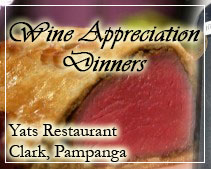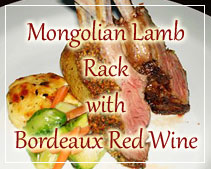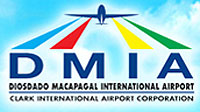All about French cuisine
January 21, 2011
Despite a common pan-gallic chauvinism, French cooking is not a monolith: it ranges from the olives and seafood of Provence to the butter and roasts of Tours, from the simple food of the bistro to the fanciful confections of the Tour d’Argent. However, it all shares a seriousness about food. Throughout the country, French cooking involves a large number of techniques, some extremely complicated, that serve as basics. Any cook will tell you that French food will not tolerate shortcuts in regard to these fundamentals. Because mastery of sauces or pastry doughs is the center of the culinary arts, recipes themselves remain classic and constant. In a way similar to Japanese cuisine, it is expected that even the simplest preparation be undertaken in the most careful manner, which means disregarding the amount of time involved. This is one reason why French cooking has always seemed so daunting on the other side of the Atlantic. Americans love nothing more than combining innovation with time-saving; it is the particular genius of the United States, and it couldn’t be more at odds with the French aesthetic.
Not only do basic cooking techniques require great skill, but an they also demand a deep understanding of the ingredients themselves. Just as the vintner knows that the finest Bordeaux comes from the grapes grown on that side of the hill and not this, so too the chef knows not only from which region come the finest petits pois (small, young green peas), but from which town — the same goes for asparagus, and even cauliflower. If there is something worth eating, and cooking, there is a best representative of such. Many foods are known by the town that made them famous, such as Pessac for strawberries, the peas of Saint-Germaine, Macau artichokes, the Charollais steer, butter of Isigny.
The French and English adapted service Γ la russe, in which courses are served separately, in the middle of the 19th century. A French meal might begin with a hot hors d’oeuvre (or for luncheon, a cold hors d’oeuvre) followed by soup, main course, salad, cheese,and finally dessert. The French operate with a strong sense that there is an appropriate beverage for every food and occasion. Wine is drunk with the meal, but rarely without food. An aperitif (a light aloholic beverage such as Lillet) precedes the meal and a digestif (something more spirited — say, cognac) may follow. This close relationship between food and wine may, in part, closely parallel the evolution of great cooking and great wine making. It is probably not coincidental that some of the best cooking in France happens in some of her finest wine-growing regions. In Burgundy, Bordeaux, Provence, and Touraine, wine is as prevalent in the cooking process as it is in the glass. Champagne as a beverage doesn’t accompany food gracefully, likewise, as a region it is not well known for its food. One notable exception to this rule (and there are of course others) is Normandy, who, from her fantastic butter, cream, cheese, apples and the riches of the sea, has produced a marvelous local cuisine without the help of wine. However, the local Calvados, an apple based eau-de-vie, may also explain the phenomenon.
The French are predominantly Catholic and thus have no eating prohibitions, though many dishes have a Lenten variation. Moreover, the Gauls are not afraid to eat anything. Kidney, brain, sweetbreads, tripe, blood sauces and sausages, sheep’s foot, tongue, and intestines are all common in French cooking and hold equal standing with the meat of lamb, beef, pork, poultry, and game. Quite the opposite of being exotic, these foods are at the heart of the bourgeois menu, with seafood inevitably being the soul, and vegetables, the flesh.
Source: http://www.cuisinenet.com/glossary/france.html
If this article about Clark is useful to you, please click here to contact us to tell us what more you wish to know about this article or Clark Philippines, which can be something about Clark investment, about Clark resorts, about Clark Swimming and Leisure or simply general news about Clark.
Please send questions to Editor@ClarkPhilippines.com. Leave your name, email address, contact numbers and we will get back to you as soon as possible. Information received will not be disclosed.













